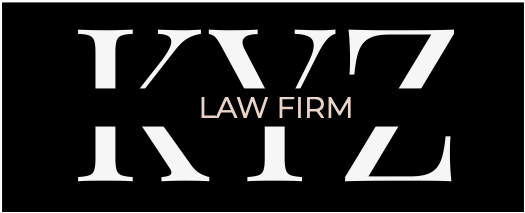There are several issues that can arise in real estate transactions in Florida. Some of the most common include:
- Title issues: One of the most important aspects of a real estate transaction is making sure that the title to the property is clear and free of any liens or encumbrances. Title issues can arise if there are outstanding mortgages or judgments against the property, or if there are disputes over the ownership of the property, including title fraud. Basically, to avoid any of the title issue, you should be recieving a Warranty Deed as opposed to a Quitclaim Deed.
- Homeowners and condo. associations (HOAs): Many properties in Florida are subject to homeowner associations (HOA) and the rules and regulations of these associations can be complex and may affect the use and value of the property. Before purchasing, review the HOA’s rules, fees, and financial health to understand how they might impact your investment. Thinking of purchasing a condo that is at least 3-stories or higher and at least 25 years old? Request a 4D ingeneering study which outlines structural integrity of the buildings and the reserves allocated for their future maintainance.
- Property taxes: Florida property taxes can be high. It’s essential to understand how property taxes will be assessed, including any special exemptions that might apply, such as homestead exemptions. If you are purchasing your main home in Florida, your property tax increases will be predictable and capped.
- Flood zone designations: Florida has a high risk of floods, so it's important to check if a property is located in a flood zone and if the property has flood insurance. Properties in high-risk flood zones may require additional insurance, which can increase costs and complicate the financing process. It’s vital to verify flood zone status through FEMA maps and secure flood insurance, if necessary. You can also contact a property insurance company and inquire if a particular property had prior claims, including flood claims. If you are worried whether you'll be able to obtain property insurance at all, don't worry; Citizens is a state-backed insurance of last resort available to all homeowners who cannot obtain insurance in the market place.
- Environmental hazards and restrictions: Environmental hazards such as mold, asbestos, or lead paint can also be a concern in real estate transactions. These hazards can be costly to remediate and can also pose a health risk to the occupants of the property. It’s advisable to include an environmental inspection as part of the due diligence process, ensuring you understand any potential risks and costs.
- Surveys and easements: It is not uncommon to have issues with surveys or issues with easements causing properties to become landlocked.
- Zoning and building code compliance: Before purchasing land, it's important to ensure that it complies with all local zoning and building codes. Failure to comply with these regulations can lead to fines or even the need to make costly renovations. Always consult local government agencies to confirm zoning restrictions and requirements before finalizing your purchase.
It is highly recommended to consult with real estate lawyers who understand the law and can advise on the best course of action. And not all real estate lawyers are the same. Some do only transactional work such as closings. Some do only litigation work when the disputes arise. We at KYZ Law handle both, but mostly disputes. Jane Kim is a licensed real estate brokers in Florida (as well as in Illinois), and our lawyers handle both, transactional real estate work (buying and selling real estate as part of a business acquisition, for instance), and we litigate cases involving real estate in state and federal courts.


